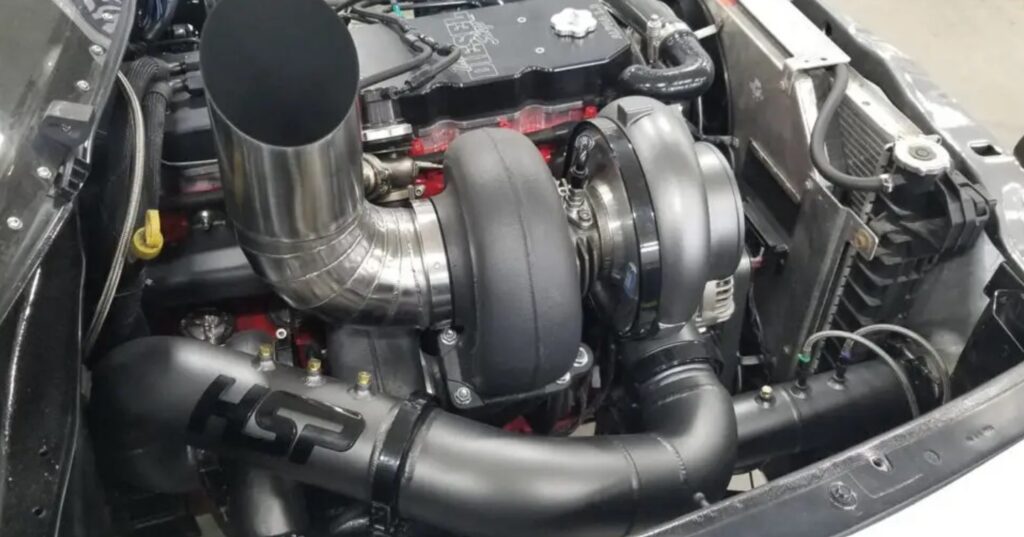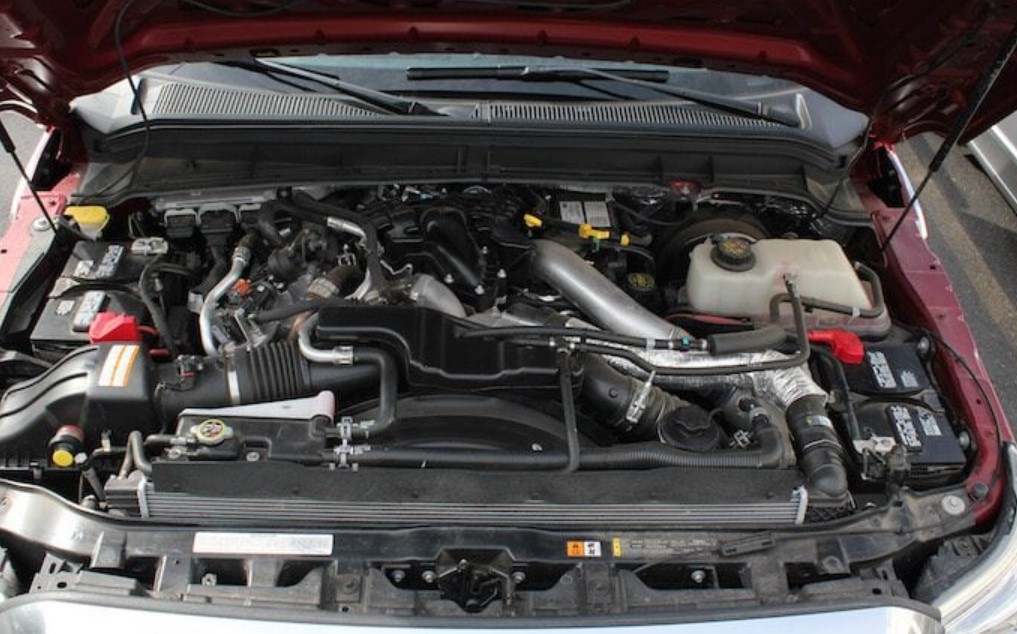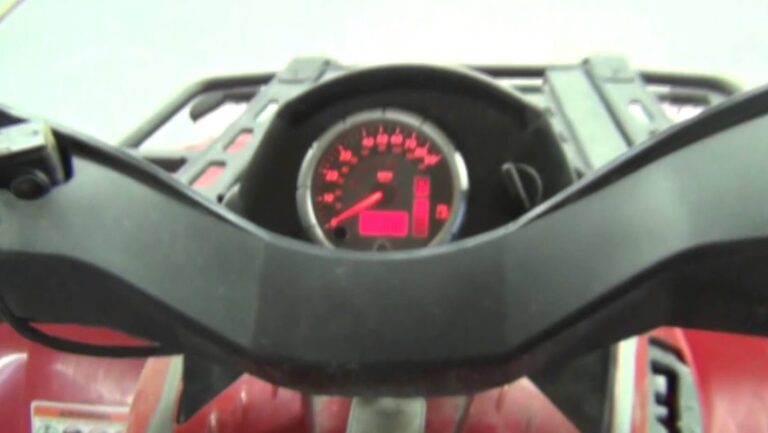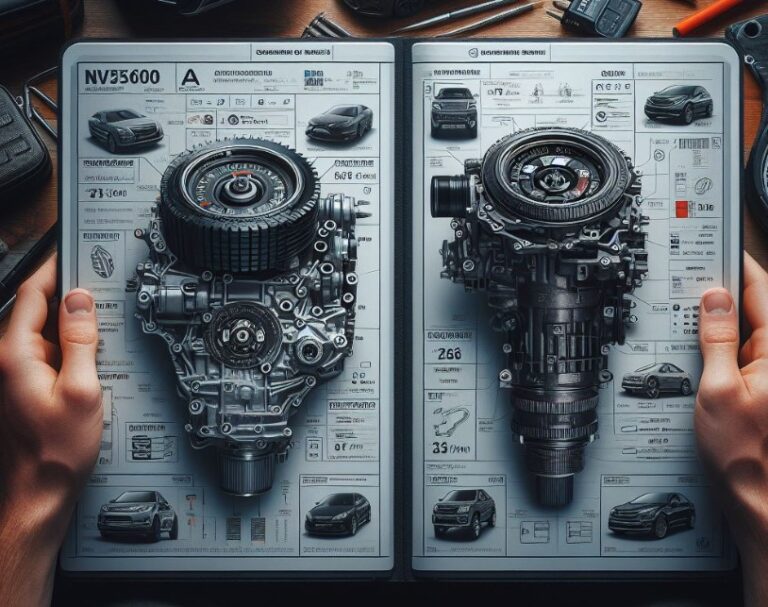Can You Put A Diesel Turbo On A Gas Engine? [Answered]
The question is, Can You Put A Diesel Turbo On A Gas Engine? sparks curiosity among automotive enthusiasts and mechanics alike. This topic delves into the realms of engine mechanics, efficiency, and customization.
Fitting a diesel turbo onto a gas engine isn’t just a matter of connecting parts; it involves a thorough understanding of engine dynamics and the interplay between different types of engines and turbochargers.
Key Takeaways
- Assessing the compatibility of diesel turbos with gas engines.
- Understanding the mechanical and technical challenges involved.
- Highlighting the performance implications and safety considerations.
Can You Put A Diesel Turbo On A Gas Engine?
Yes, you can technically put a diesel turbo on a gas engine, but it involves significant modifications and expert tuning to ensure compatibility and safe operation.

This modification is complex and requires careful consideration of the differences in engine design and exhaust characteristics between diesel and gasoline engines.
Compatibility and Adaptation
Technical Differences Between Diesel and Gas Engines
Diesel and gasoline engines operate on fundamentally different principles. Diesel engines, known for their high torque and efficiency, use compression ignition, while gasoline engines rely on spark ignition.
This fundamental difference impacts the turbocharger design. Turbochargers for diesel engines are built to accommodate higher exhaust temperatures and different air-fuel mixtures.
Challenges in Adapting Diesel Turbos to Gas Engines
Adapting a diesel turbo to a gasoline engine isn’t straightforward. The exhaust gas flow, temperature, and pressure in gasoline engines differ significantly from those in diesel engines. This discrepancy can lead to suboptimal performance or even damage if not properly managed.
Performance and Efficiency
Potential Performance Gains
Incorporating a diesel turbo into a gas engine can potentially enhance performance. The increased air pressure can improve combustion efficiency, leading to higher power output. However, this requires precise tuning to avoid engine knocking or damage.
Risks and Efficiency Considerations
The mismatch in design specifications between diesel turbos and gas engines can lead to inefficiency or mechanical risks. Issues such as turbo lag, overheating, or increased wear and tear can arise, necessitating careful consideration and expert input.
Safety and Reliability

Engine Safety Concerns
Safety is paramount when modifying engines. Using a diesel turbo on a gas engine introduces risks like overheating or increased mechanical stress. It’s crucial to understand and mitigate these risks to ensure safe operation.
Ensuring Reliability of the Modified System
Long-term reliability is a concern with any modification. Ensuring that the turbo and engine are compatible and that all components can withstand the altered operational conditions is essential for a reliable setup.
Practical Considerations
Cost-Benefit Analysis
Modifying an engine with a diesel turbo involves costs, both monetary and in terms of time and effort. Weighing these costs against the expected performance gains is crucial for a rational decision.
Expertise and Equipment Required
Such modifications require specialized knowledge and equipment. DIY attempts without proper understanding or tools can lead to disastrous results. Professional assistance is often advisable.
Legal and Environmental Aspects
Regulatory Compliance
Engine modifications, especially those affecting emissions, may have legal implications. It’s important to ensure that any changes comply with local regulations to avoid legal issues.
Environmental Impact
Altering engine characteristics can affect emissions. Understanding and minimizing any negative environmental impacts is a responsible approach to engine modification.
Are Diesel And Gas Turbos Different?
Yes, diesel and gas turbos are significantly different, primarily due to the distinct operational characteristics of diesel and gasoline engines.

Diesel engines, operating on compression ignition, generate higher exhaust gas temperatures and pressures. Therefore, diesel turbos are designed to withstand these conditions, often featuring more robust materials and specific airflow dynamics.
In contrast, gasoline turbos are tailored for lower exhaust temperatures and different pressure conditions typical of spark ignition engines. The design differences impact the turbocharger’s size, materials, and the geometry of the turbine and compressor wheels.
What Happens If I Put Diesel In My Gas Engine?
Putting diesel in a gasoline engine can cause significant damage. Gasoline engines are designed for spark ignition, which diesel fuel, being less volatile, cannot provide.
As a result, the engine might fail to start, or if it does, it will run poorly, with a high likelihood of misfires and reduced power. The diesel can clog the fuel injectors and filters, and extensive cleaning or replacement of these parts may be necessary.
In severe cases, it can lead to complete engine failure. If diesel is accidentally put in a gasoline engine, the fuel system should be drained and cleaned as soon as possible to minimize damage.
Do Turbo Diesels Use More Fuel?
Turbo diesel engines can be more fuel-efficient than their naturally aspirated counterparts. The turbocharger in a diesel engine compresses the air entering the engine, allowing more air (and therefore more fuel) to be combusted in each cycle, increasing efficiency and power.

This can result in better fuel economy, especially under load or at highway speeds. However, it’s important to note that driving habits significantly influence fuel consumption. Aggressive acceleration or hauling heavy loads, which demand more from the turbocharger, can increase fuel usage.
Can A Turbo Diesel Run Without A Turbo?
A turbo diesel engine can technically run without its turbocharger, but it will suffer from significantly reduced performance. The turbocharger’s primary function is to force more air into the engine’s combustion chamber, increasing power and efficiency.
Without the turbo, the engine will not receive the extra air it’s designed to handle, leading to reduced power output and poorer fuel efficiency.
In modern engines, running without a turbo can also cause issues with the engine management system, as it is calibrated for a turbocharged operation. This could lead to engine warning lights and altered emissions.
Conclusion
In conclusion, while it is technically possible to fit a diesel turbo onto a gas engine, it’s a complex task fraught with challenges. It requires a deep understanding of engine mechanics, careful consideration of performance, safety, and legality, and often professional assistance. So, Can You Put A Diesel Turbo On A Gas Engine? Yes, but with careful planning and execution.
People Also Ask
Can any diesel turbo be fitted to any gas engine?
Not all diesel turbos are compatible with all gas engines. Compatibility depends on factors like engine size, exhaust system design, and the specific characteristics of the turbocharger. Thorough research and expert consultation are essential to determine the right match.
How does adding a diesel turbo to a gas engine impact emissions?
The impact on emissions can be significant. Changes in combustion efficiency and engine temperature can alter emission levels. Ensuring that the modified engine meets emission standards is crucial for environmental compliance.
What are the legal implications of modifying a gas engine with a diesel turbo?
Legal implications vary by region. Modifications that alter emissions or noise levels might not comply with local regulations. It’s important to check local laws and vehicle regulations before undertaking such modifications.
Do I need professional help to install a diesel turbo on a gas engine?
Yes, professional assistance is highly recommended. The process requires specialized knowledge of engine mechanics and tuning. Incorrect installation can lead to engine damage, safety risks, and legal issues.

Welcome to the exhilarating world of Matt Rex, a professional car racer turned renowned vehicle enthusiast. Immerse yourself in his captivating blog as he shares heart-pounding adventures, expert reviews, and valuable insights on cars, trucks, jets, and more. Fuel your passion for speed and discover the beauty of vehicles through Matt’s engaging stories and meticulous expertise. Join the ever-growing community of enthusiasts who find inspiration and expert advice in Matt Rex’s blog—a digital hub where the thrill of speed meets the pursuit of knowledge.




![How To De-Winterize A Seadoo Jet Ski? [11 Working Steps]](https://www.turbochaos.com/wp-content/uploads/2023/08/How-To-De-Winterize-A-Seadoo-Jet-Ski-768x512.jpg)


